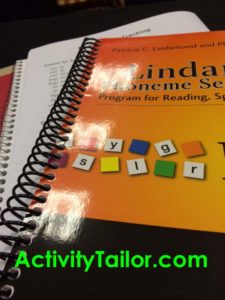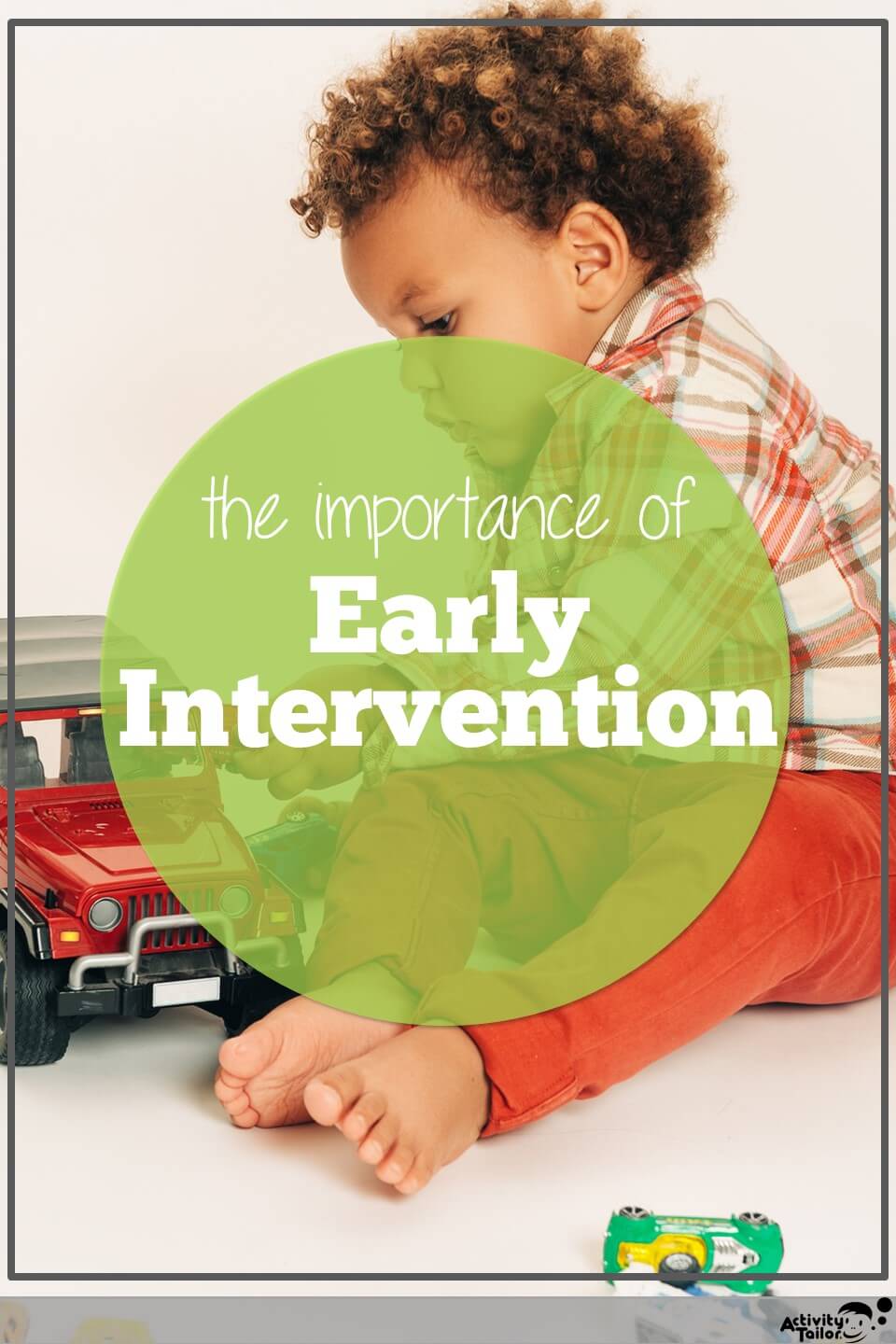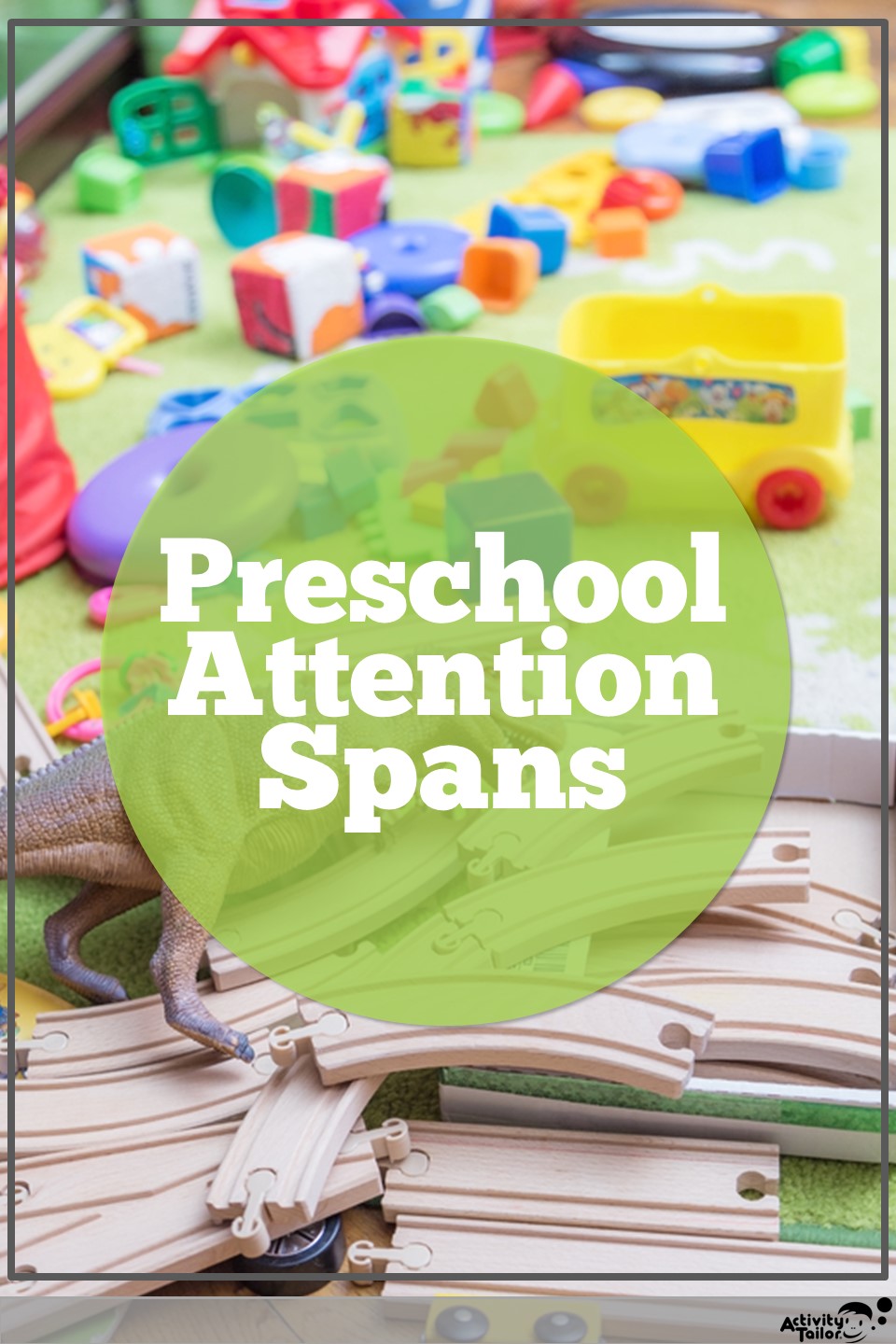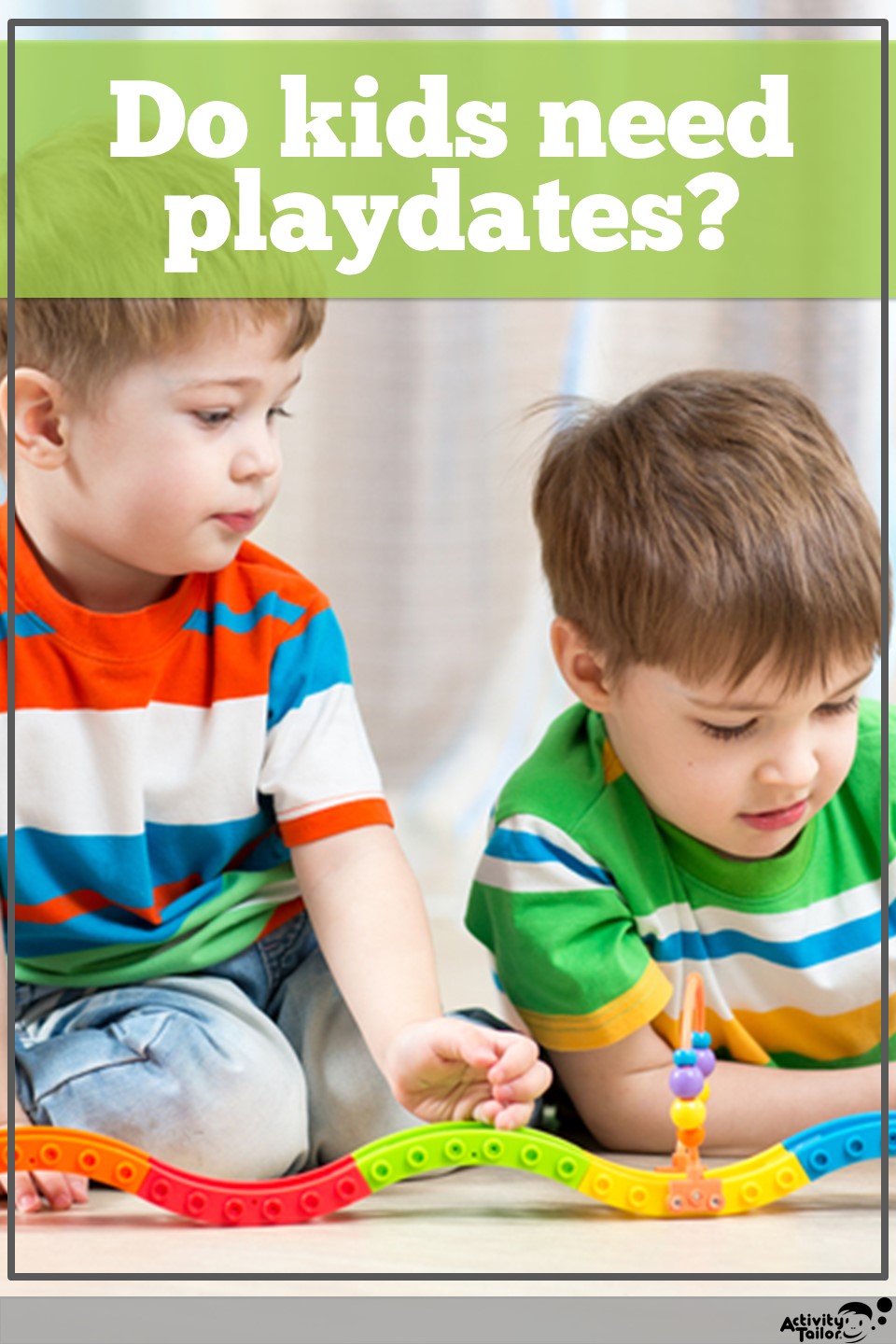I’ve been feeling a bit like Punxsutawney Phil these past two weeks. I’ve spent five days in a windowless conference room, emerging only for meals and sleep while I delved into Lindamood-Bell programs. I could easily go back to sleep for another six weeks of winter!
A couple years ago I took the Visualizing/Verbalizing workshop. At the time, I was hoping to support students struggling with reading comprehension and telling their own narratives. It was informative and entertaining and made me keen to go back for more. I was delighted when the Seeing Stars and LiPS workshops were scheduled near me.
LiPS is a phonemic awareness curriculum that I’m planning to use in individual treatment with students not picking up on those critical pre-reading skills in their classroom lessons. (And truly I can see the program being a great approach to use in a typical classroom with all learners). I had some exposure to this during grad school, and this program follows enough of our training that it wasn’t too difficult to pick up on. With a moderate amount of grit, you could purchase the manual and start implementing the process on your own. Although the training is very helpful for ensuring you use the correct language and assisting you with working through the errors you’re likely to see with your students. I particularly needed to focus on the vowel section. Not only is this an area I feel like I have less experience with, but, in regards to reading/spelling tasks, seems to be the area my students often stumble. No surprise. Think how easy it is to miss the difference between “pin” and “pen.”
Seeing Stars required a bit more brain power since it covered a number of lessons outside of my previous knowledge base. Reading has always been a love of mine and while I remember that a-ha moment of suddenly really reading, I’m fuzzier on how I actually got there. Spelling was just “copying the words in my head” on to the page. I hadn’t realized that symbol imagery often needs to be formally taught to my students and is often the “missing link” between pre-reading/phonemic awareness skills and actually reading.
So, I’m currently pouring over the rules, or the more apt term used at L-B, expectancies of our language. I’m enjoying myself. I can’t wait to get my hands on some struggling readers and turn the lights on!
I was waiting in line in the hallway at the end of the day in kindergarten when I suddenly realized I could read everything on a safety poster by the main doors. Anyone else have a definitive moment of reading like that?







This Post Has 2 Comments
I push-in to a Kindergarten class daily for intervention focusing on phonemic awareness skills. The classroom teacher does a wonderful job at the beginning of each school year I provide a short in-service on “speech helpers” to the students. We talk about oral placement of sounds during the intervention throughout the remainder of the year. My questions to you are: Do you collaborate with the reading specialist? Is there overlap between what you are doing and what he/she is doing? Are the LIPS and Seeing Stars programs developed for Kindergarten on up?
I contract with a private school and directly with parents so my role is different than it would be if I were on staff. We have reading specialists that I have access too, but no regular planning/meeting time. I think of it as the reading specialist providing tutorial services to what is going on in the classroom. I’m often providing services based on exactly where the child is–and that may not be what is currently being addressed in their classroom. Does that make sense? LiPS and Seeing Starts are very appropriate for Kindergarten all the way up to adult. Kim
Comments are closed.